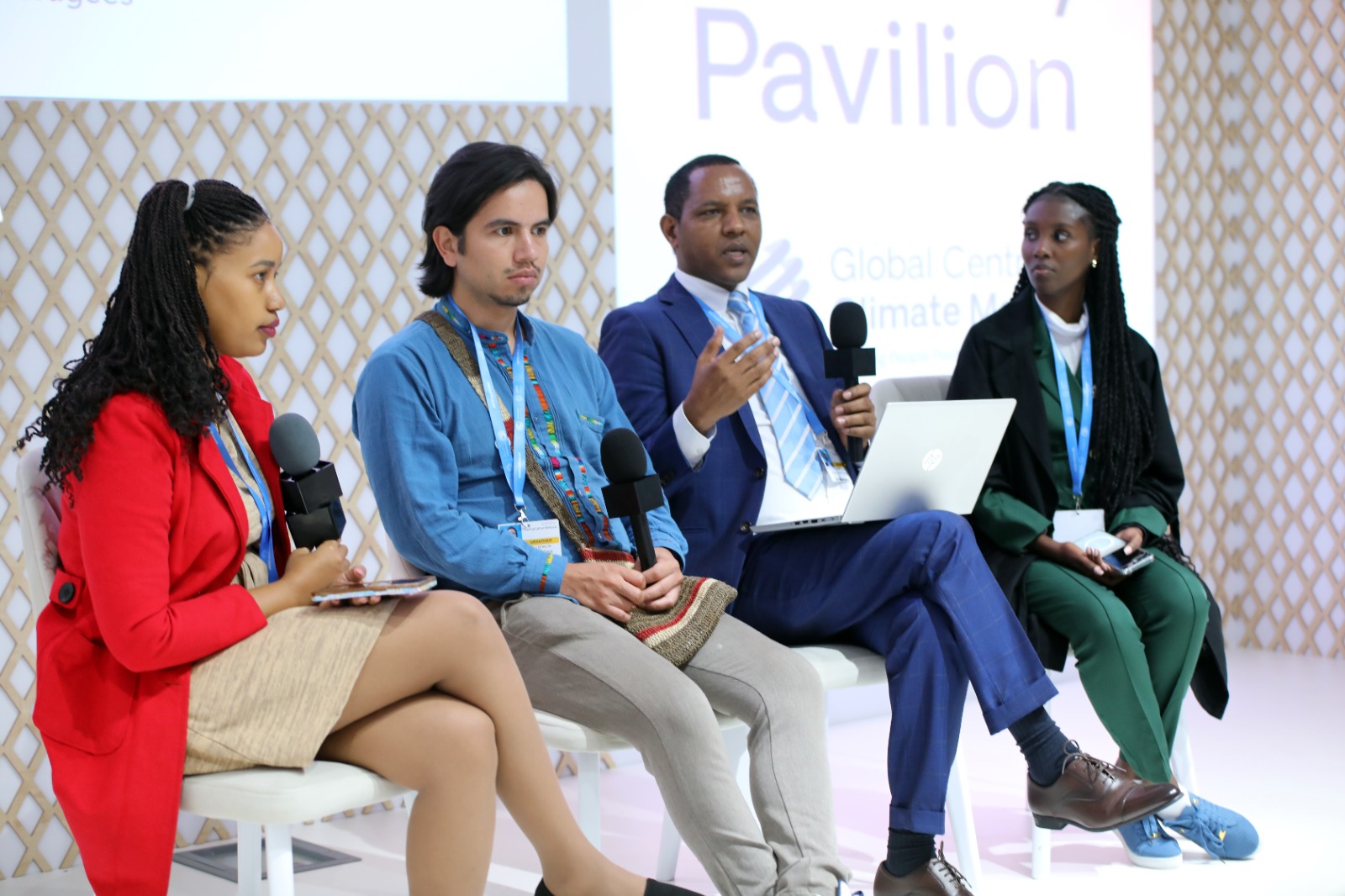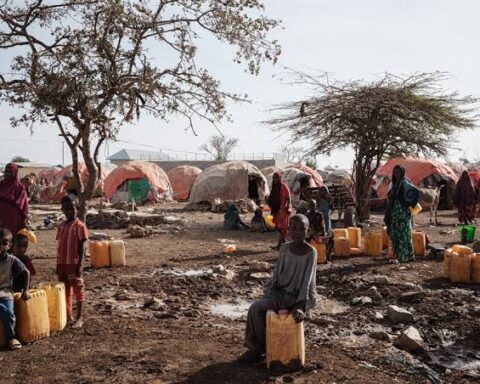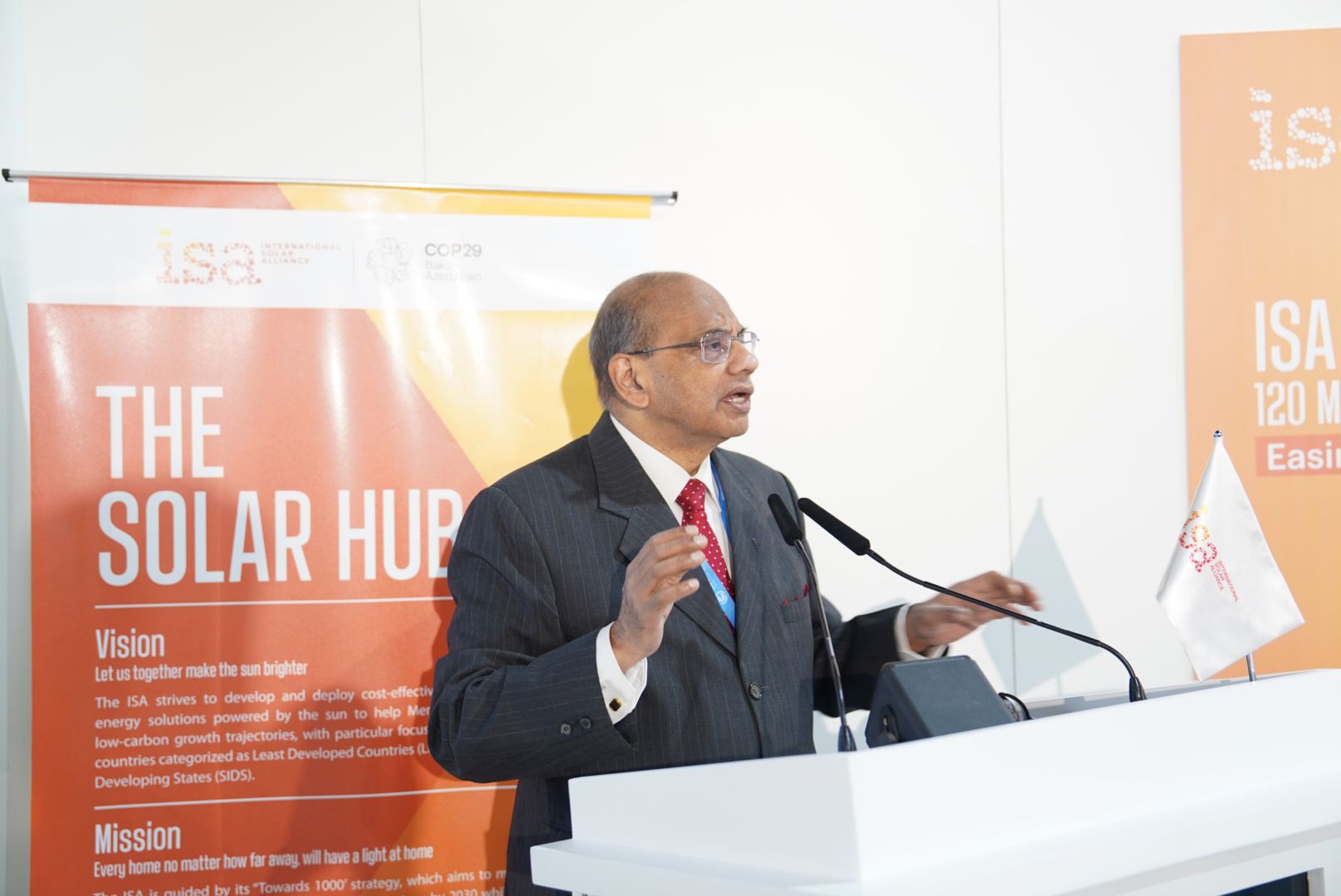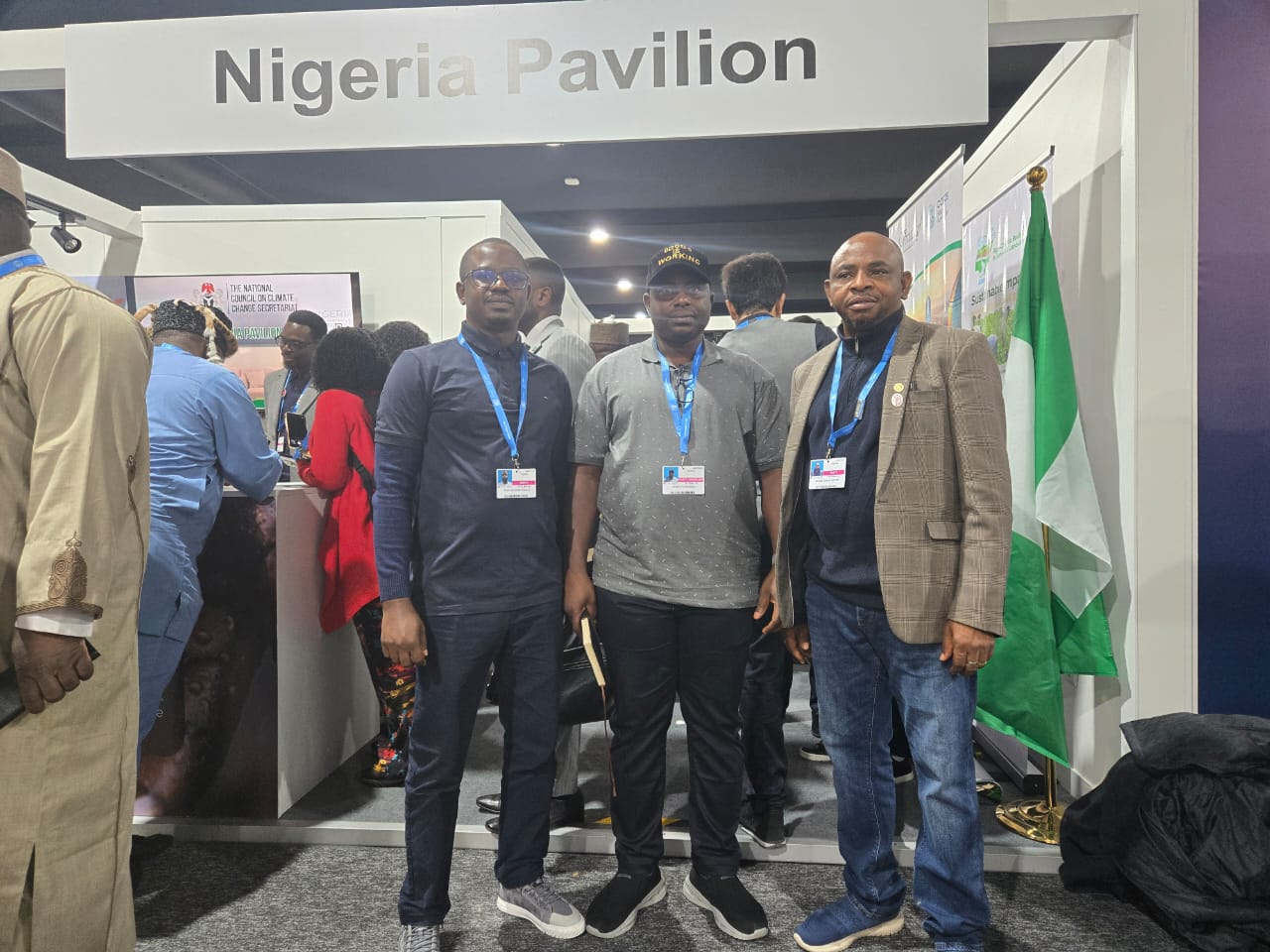Stakeholders at the ongoing COP29 Climate Summit in Baku have emphasized the need for global cooperation to safeguard the rights of migrants and displaced persons affected by climate change.
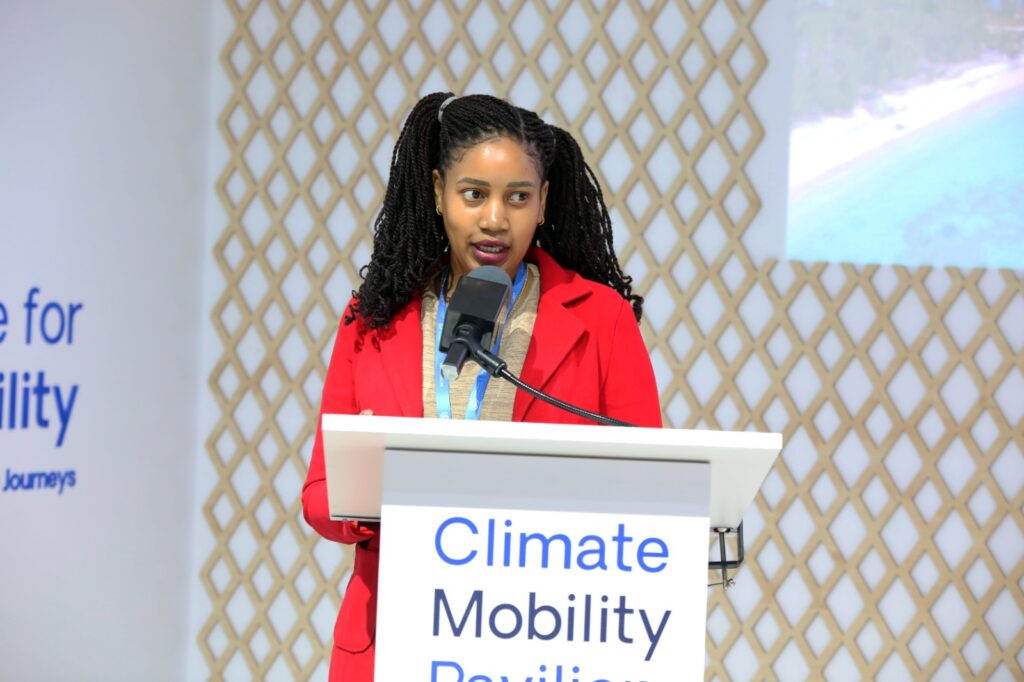
The call was made during a storytelling session on climate mobility, co-organized by the Global Centre for Climate Mobility, The Climate Mobility Community Action Network, and the Asia Pacific Network of Refugees at the Climate Mobility Pavilion on Thursday November 21, 2024.
The session brought together voices from diverse regions to highlight the challenges faced by displaced communities and the critical need for climate finance and inclusivity in global climate discussions.
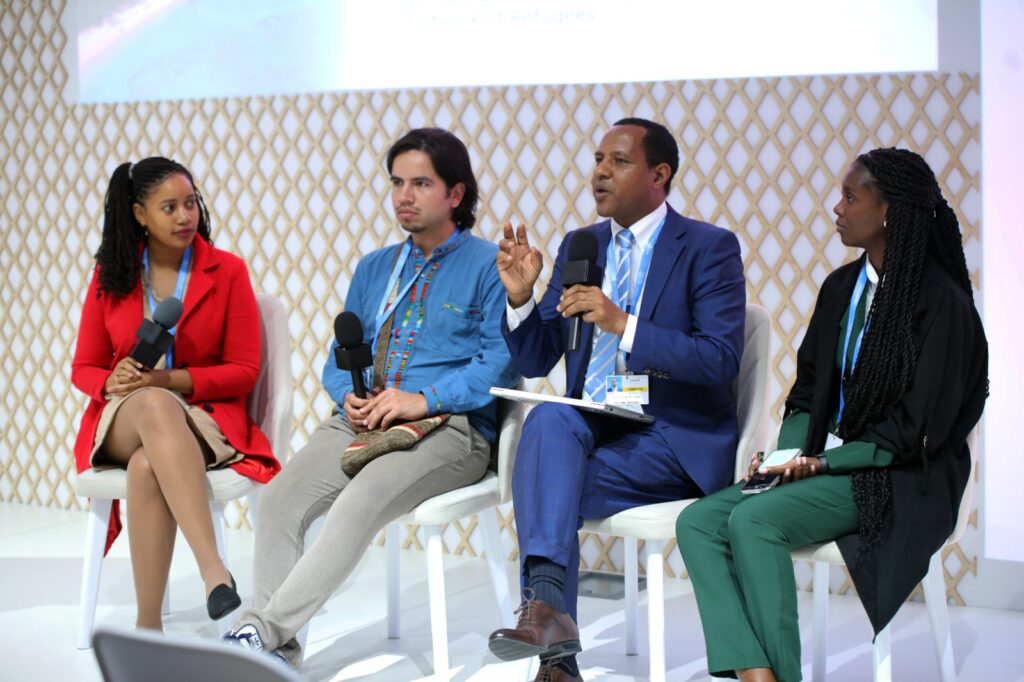
Speaking at the event, Oumer Abdullahi of the Climate Change Working Group under the Asia Pacific Network of Refugees stressed the importance of collaboration among communities displaced by climate impacts.
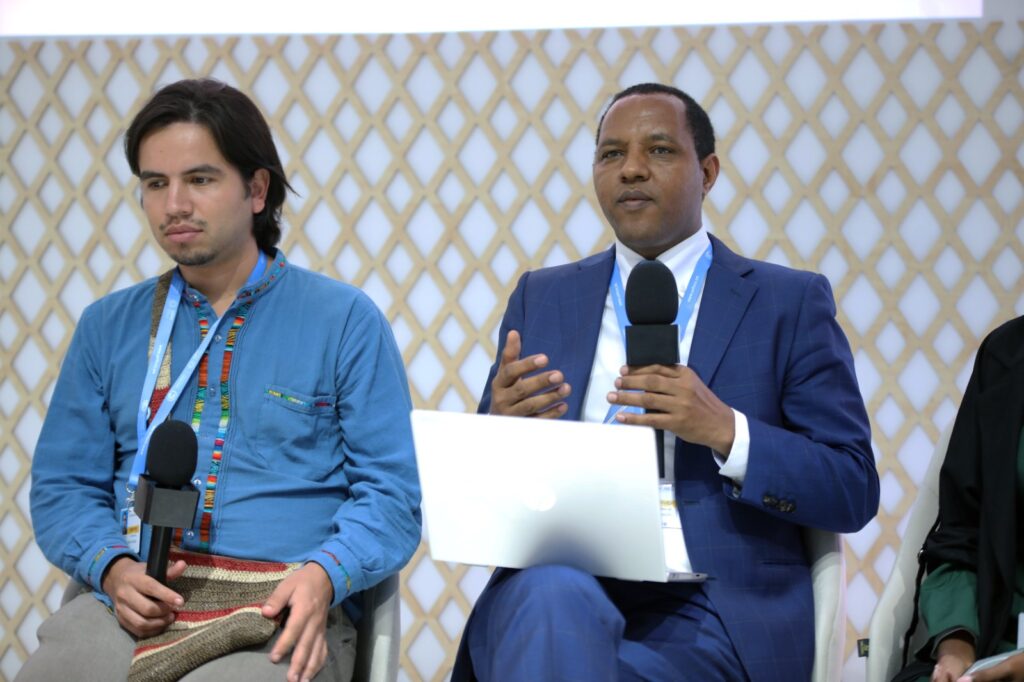
Abdullahi noted that a unified approach could amplify demands for the recognition of refugees’ rights, access to opportunities, and mobilization of resources.
“There is a need for displaced communities to unite under one voice and advocate for their inclusion in climate action policies.
By working together, we can achieve more in securing opportunities and mobilizing climate finance,” he said.
Joselyn Ezekiel Mirashi of the Climate Mobility Community Action Network criticized the lack of grassroots engagement in climate conferences.
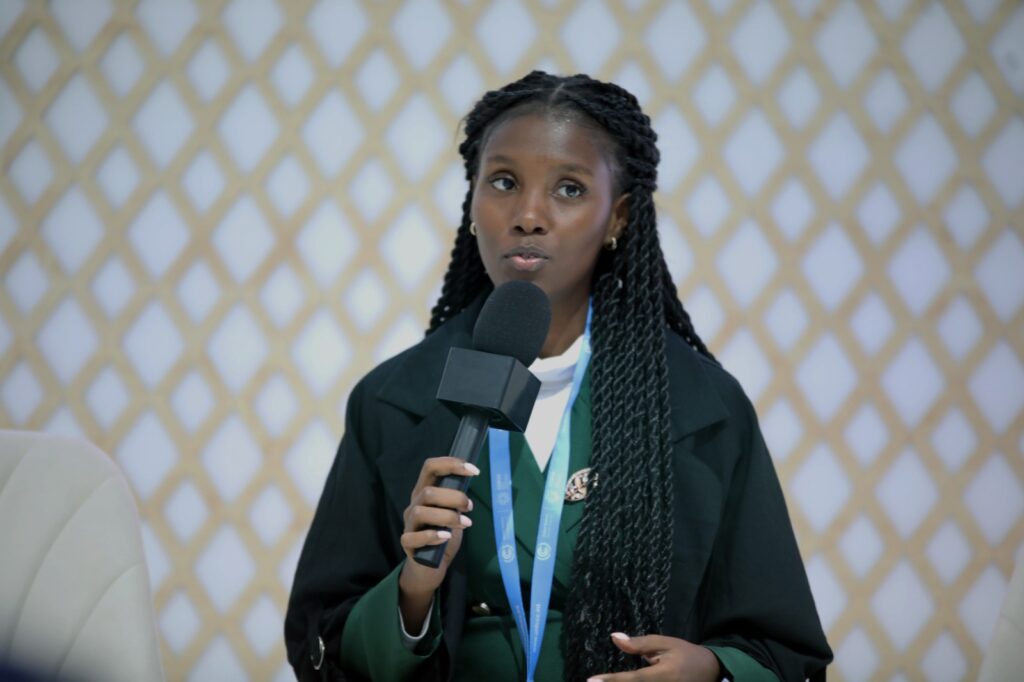
She underscored the importance of involving children in achieving Sustainable Development Goal (SDG) 13 on climate action.
“All these conferences amount to nothing if they fail to reach the grassroots. To achieve SDG 13, children must be critically considered and carried along,” she said.
Mirashi also described climate financing as a necessity that should be treated as a right rather than a privilege.
She highlighted the environmental degradation caused by population displacement, stressing the need for displaced individuals to be included in climate adaptation and resilience discussions.
Emil Siren Gualinga of the Climate Mobility Community Action Network echoed these sentiments, calling for the inclusion of indigenous communities in climate finance and mobility frameworks.
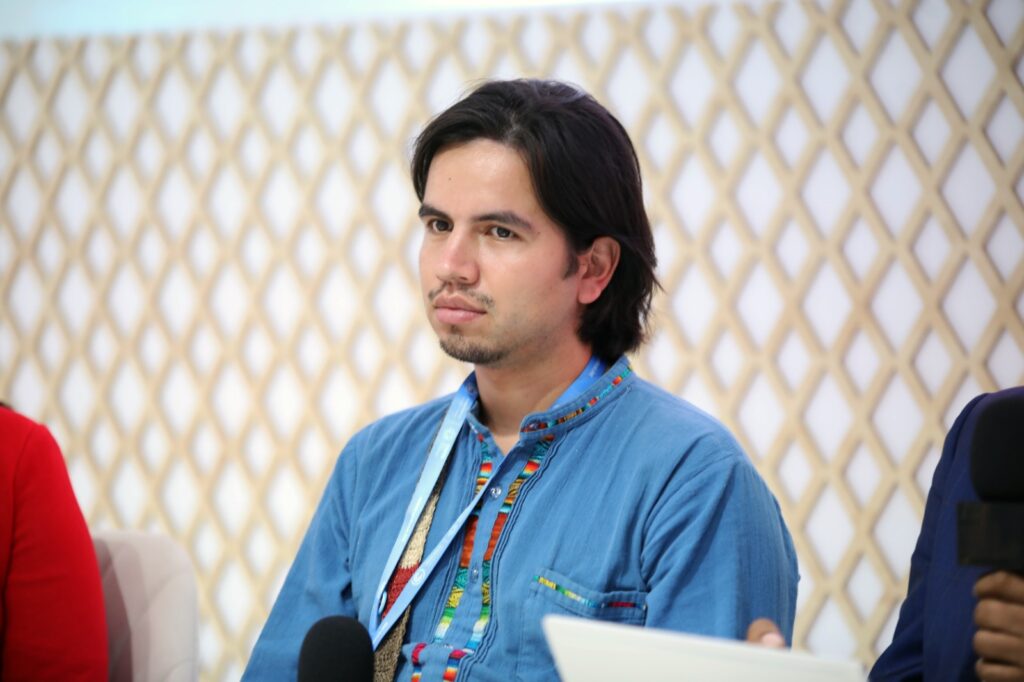
He emphasized that environmental considerations must be prioritized as migration due to climate change continues to impact ecosystems.
“Indigenous voices must be heard and factored into decisions about climate finance and mobility. Without this, we risk exacerbating environmental degradation and failing to provide lasting solutions,” Gualinga stated.
Stakeholders concluded that adequate financing is essential to enable displaced people to lead normal lives and contribute to climate resilience efforts.

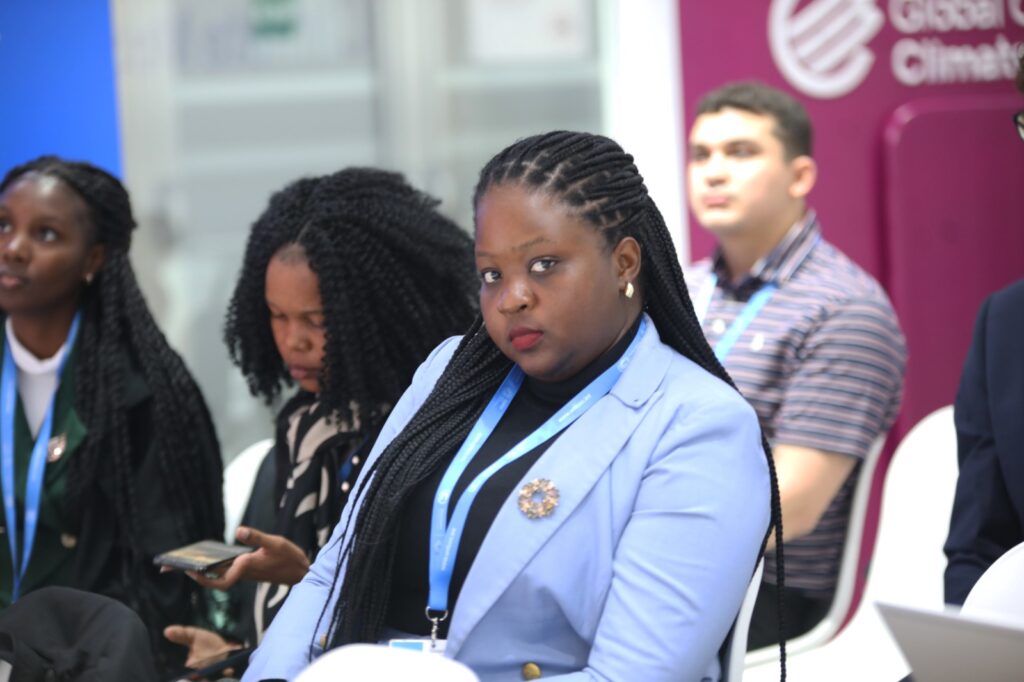
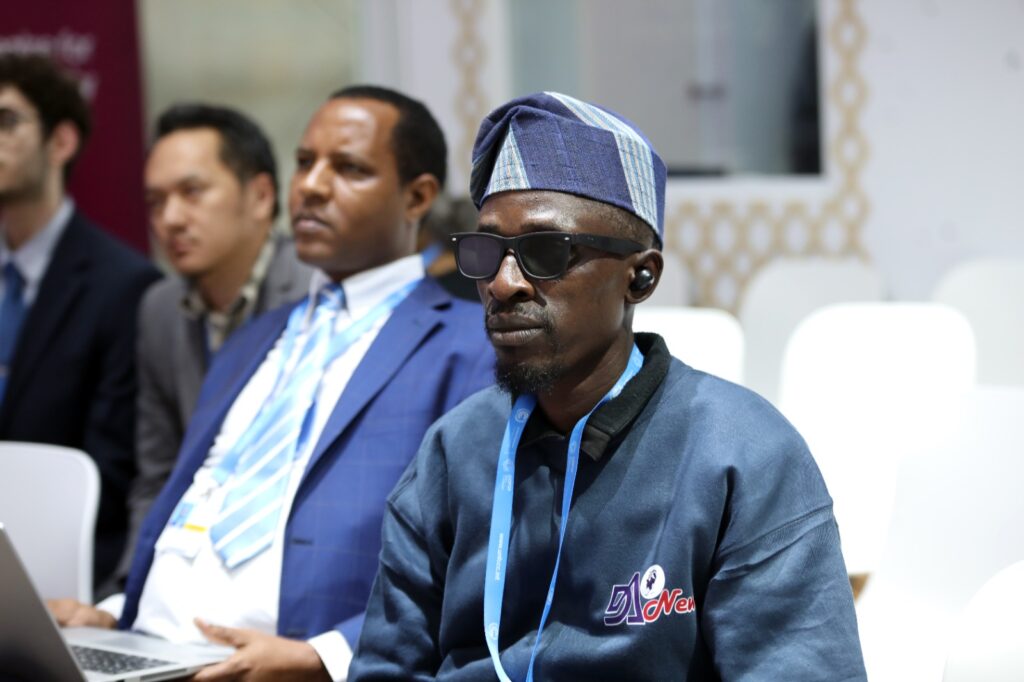
They called on global leaders to prioritize climate mobility in policy frameworks and ensure marginalized communities are not left behind.
As COP29 continues, the focus remains on integrating human mobility into climate action plans and addressing the funding gaps for vulnerable populations worldwide.
By Dare Akogun


